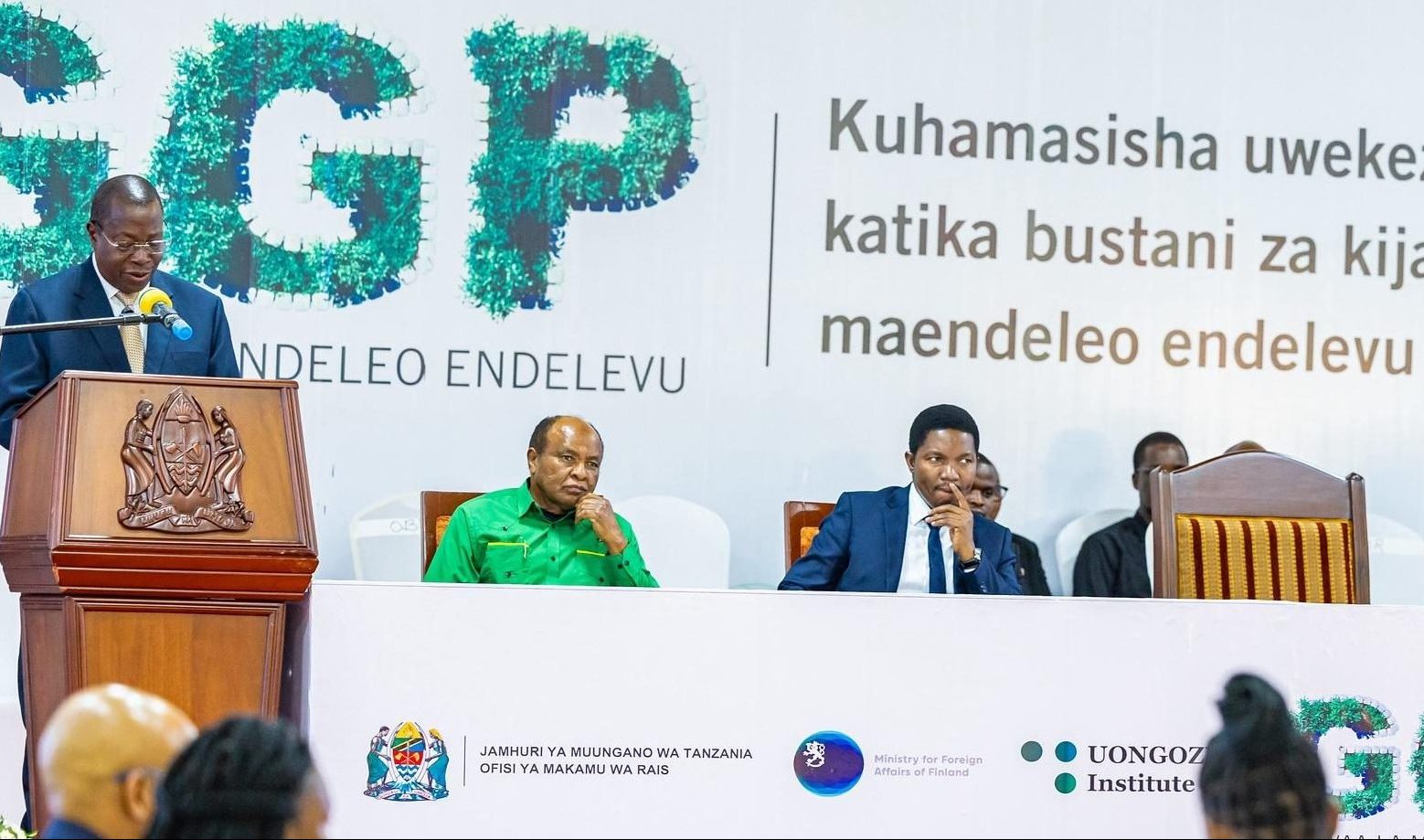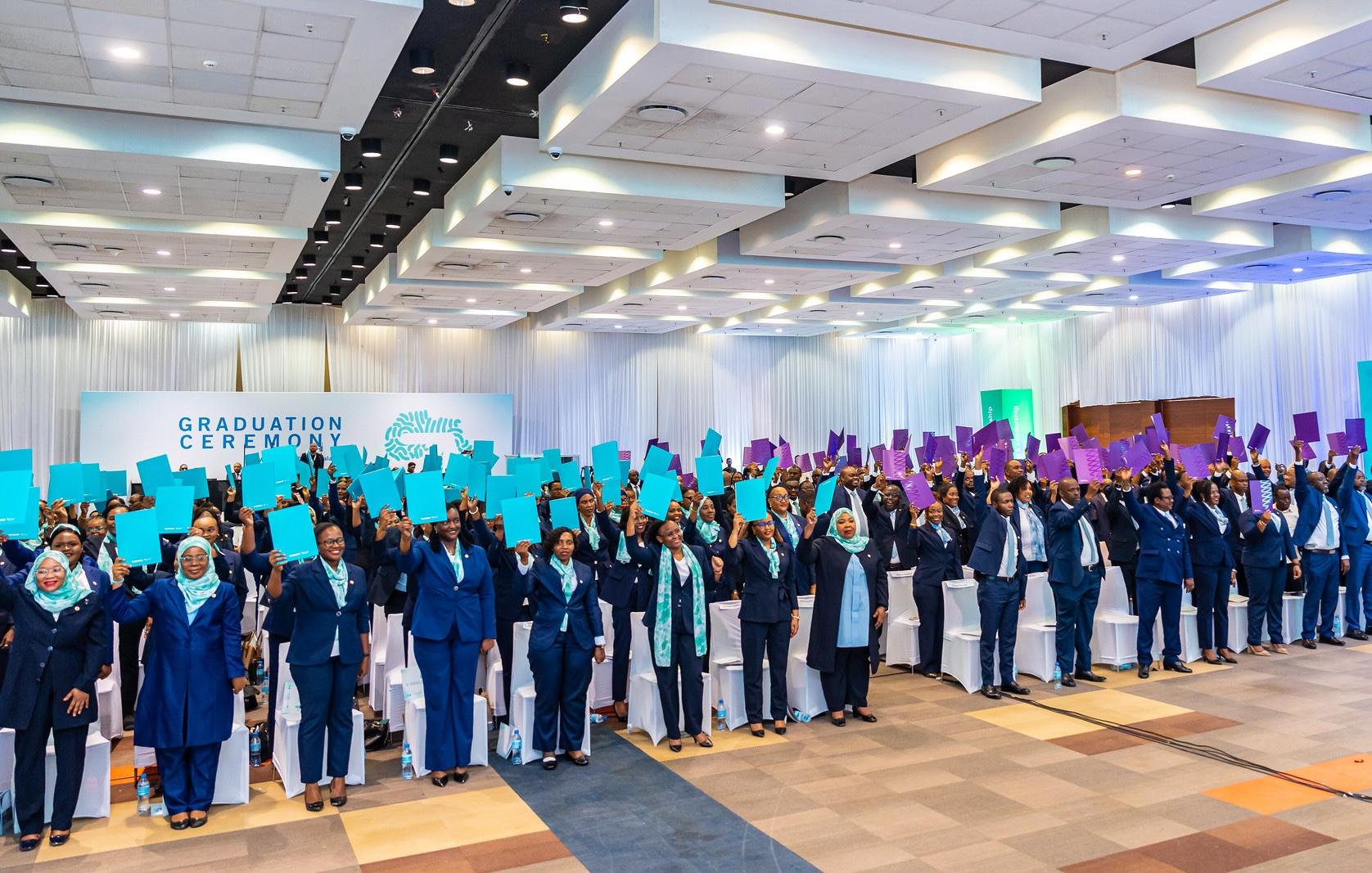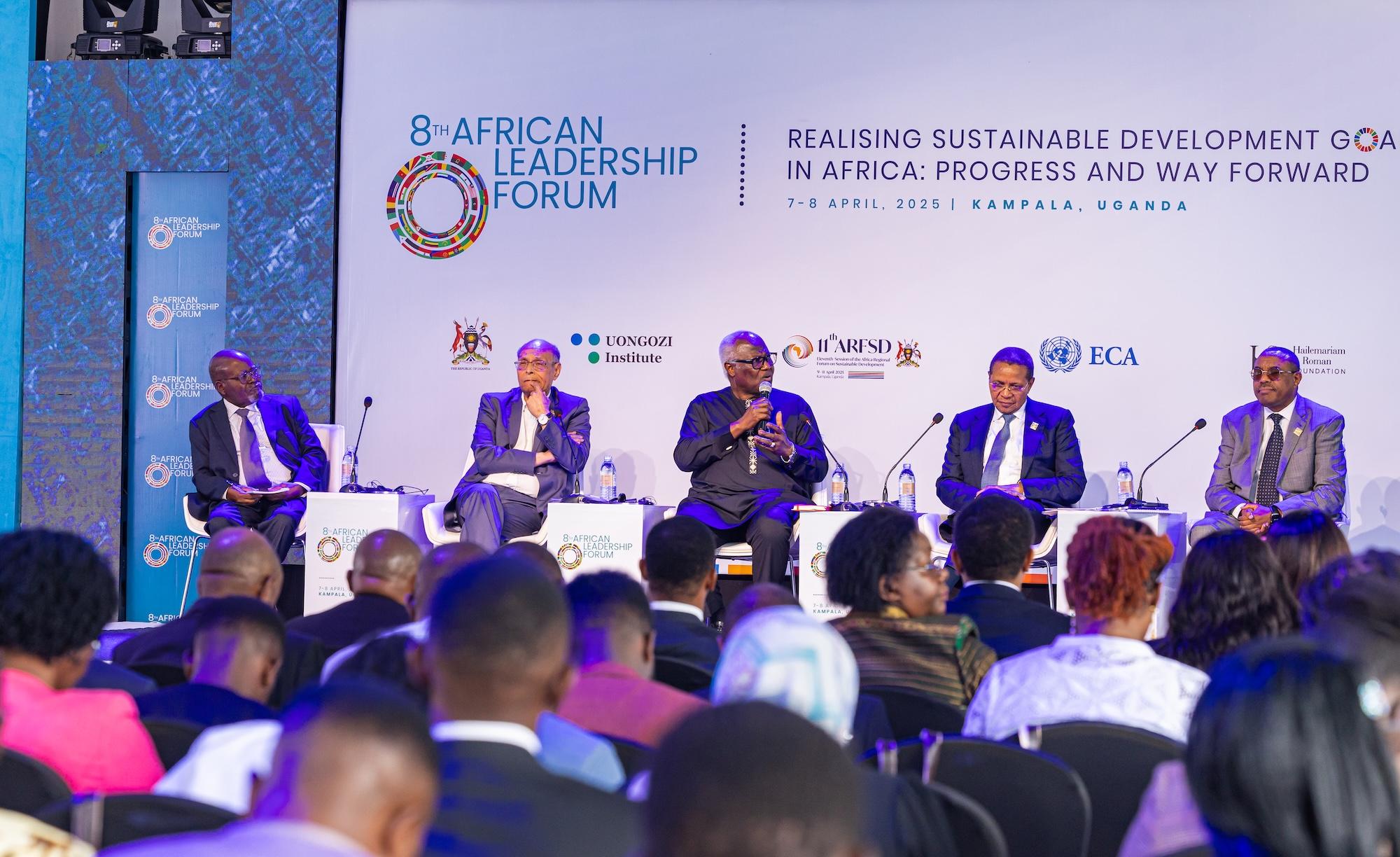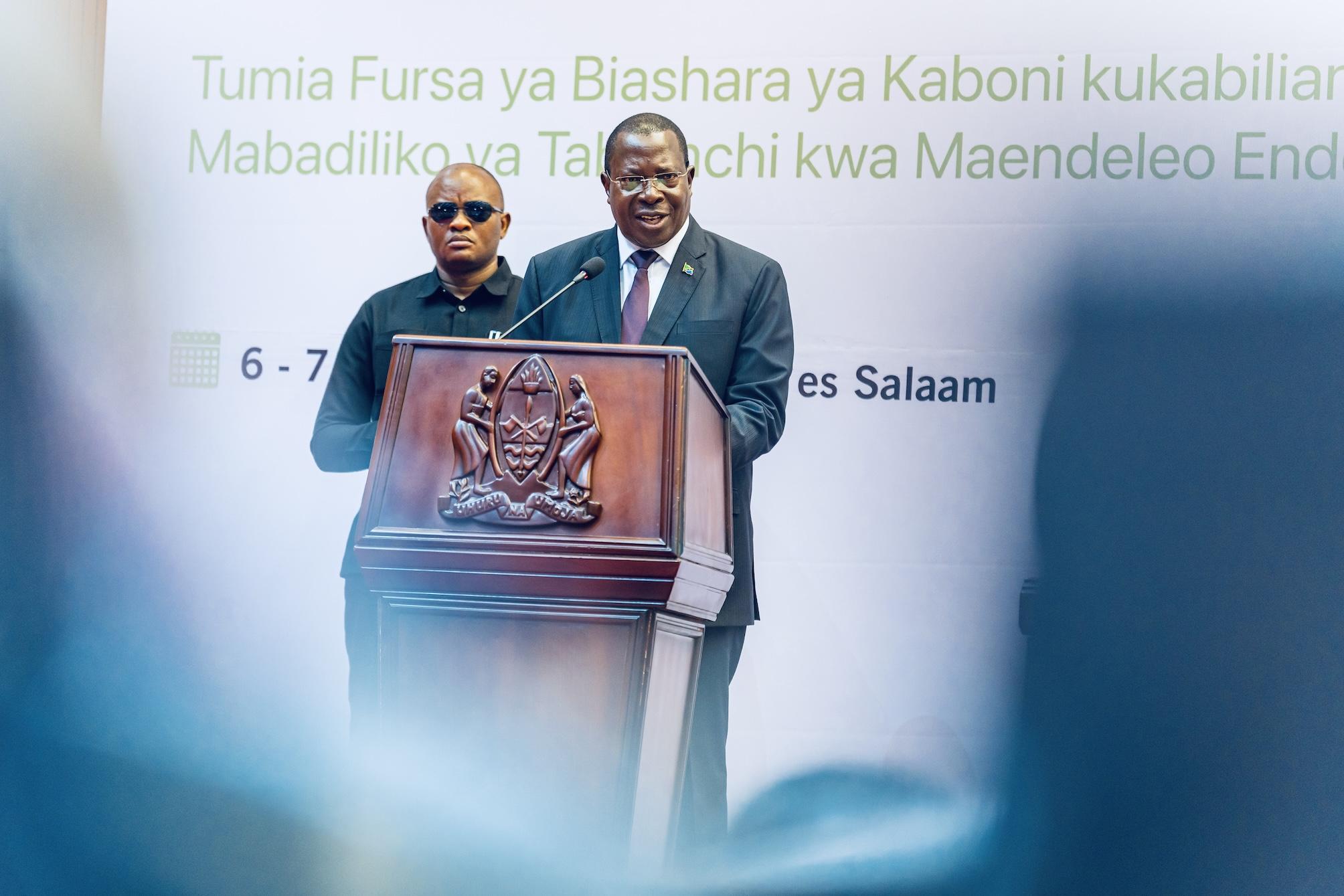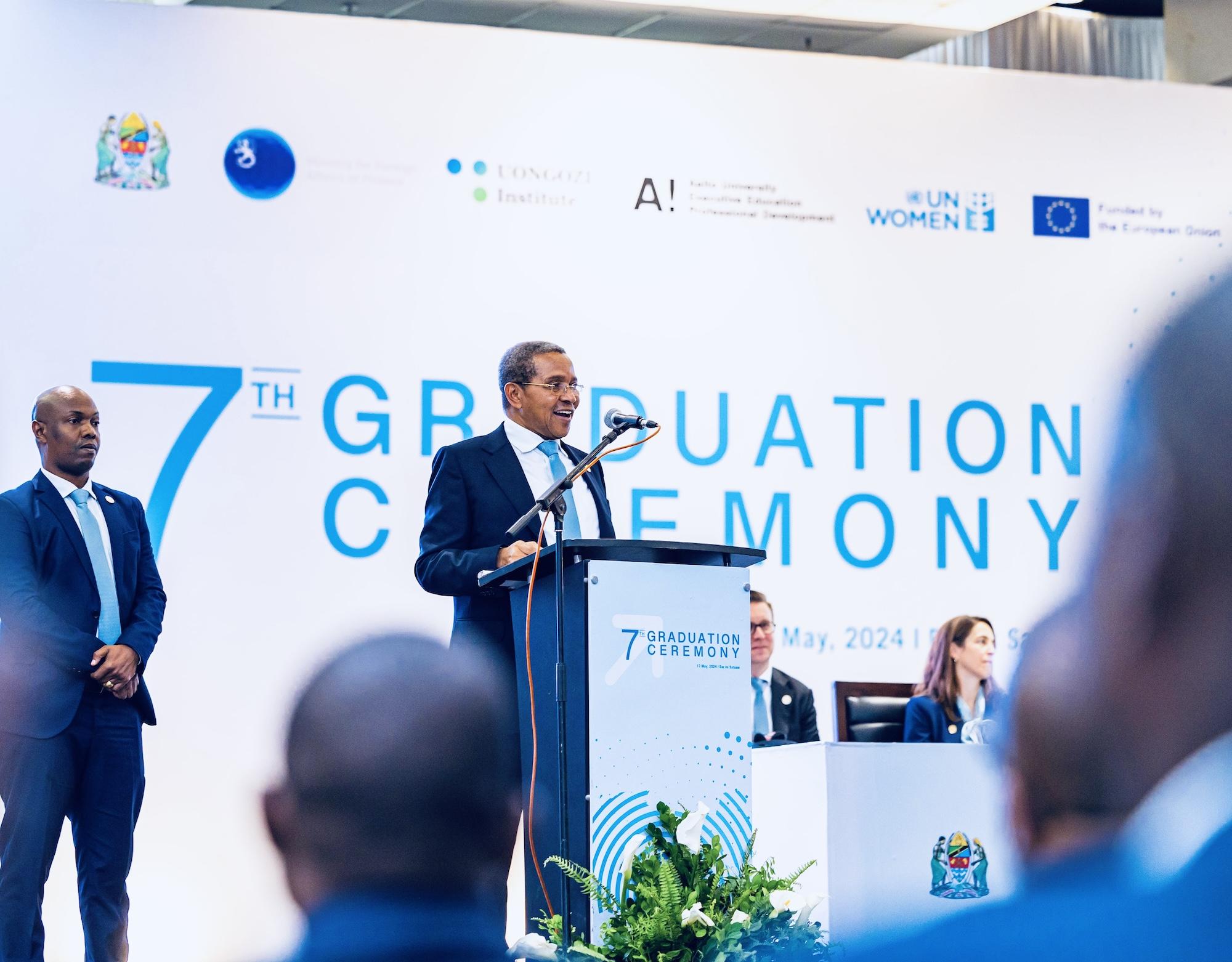Tanzania is rapidly urbanising. The 2018 United Nations report on world urbanisation predicts that 49% of the country’s population will reside in cities by 2040. The pressures of urbanisation and increasing population often render urban green and blue infrastructure vulnerable. Globally, it has been shown that green spaces within cities, such as parks and other tree lines areas, play profound roles in driving economic development and contributing to human health and wellbeing.
Considering the direct link between green parks and prosperity, the eighth Green Growth Platform (GGP) “Promoting investments in green parks for sustainable development in Tanzania” was held on 15 April 2024, in Dodoma, under the patronage of H.E. Dr. Philip Isdor Mpango, Vice President of the United Republic of Tanzania.
The organisation of the event was managed by UONGOZI Institute in collaboration with the Vice President’s Office and the Office of the Regional Commissioner of Dodoma.
Delegates of the meeting included Hon. Selemani Saidi Jafo, Minister of State – Vice President’s Office (Union Affairs and Environment), as well as leaders from across Tanzania – and from a range of professions in government, business, academia and civil society.
Throughout the event, the presenters and delegates candidly contributed their experiences and ideas on green parks investment and management. specifically, they looked at: (i) policy and institutional frameworks, (ii) successes and failures in national attempts, (iii) lessons and experiences from other countries, (iv) investment opportunities, and (v) strategic partnerships. The event also featured field trips to two green parks within the Dodoma City Council: Medeli One Garden and Chinangali Park.
Vice President Mpango commenced his address by observing the myriad benefits of green parks. He said:
“Green parks provide a wide array of benefits, including safeguarding water and other natural sources, addressing climate change challenges by reducing urban temperatures and flood risks, while also enhancing air quality. Furthermore, they reduce the mortality rates resulting from intense heatwaves, limit carbon emissions, and contribute to tourism growth.”
He expressed concerns regarding the lack of drive and commitment in the investment and upkeep of green parks from the local government, private sector and community. Many designated green spaces are neglected, and some are disappearing because of shifts in land utilisation. He stressed the need for action. He said all responsible actors in the environment and related sectors should work together to create and sustain green parks. Nature-based solutions, considering local knowledge bases, ecologies and processes, must be pursued.
In closing, the Vice President applauded community- and faith-based interventions to “green” the Dodoma City, including those done by CDA Tree Garden, Chapa Kazi Group, Chinangali Park, St. Gasper and Martin Luther School. He also commended UONGOZI Institute for the organisation of the event, and tasked it with developing an action plan that will facilitate the implementation of the forum recommendations.
During his remarks, Mr. Kadari Singo, Chief Executive Officer of UONGOZI Institute, explained that the GGP is a core component of the Institute’s activities to support sustainable development. It aims to increase awareness and understanding of issues related to green growth and its potential for Tanzania’s development. It is a proactive tool for creating cross-sectoral linkages, promoting economic and social well-being, and safeguarding the ecosystems and environment that sustain us all. Since inception (2010), eight events have been facilitated.
To learn more about GGP, visit this page.
